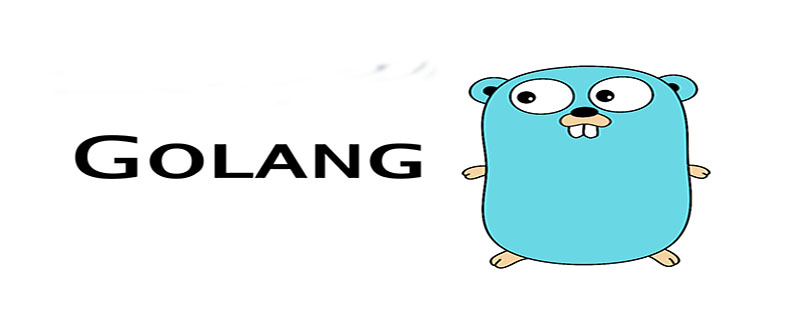

#The Golang team believes that the complexity of the type system and runtime is too costly, and has not yet found a good design that can offset this complexity.
The built-in map and slice actually have a generic flavor. In addition, interface{} can be used to construct a container, which can achieve a generic effect. So there is no direct support for generics so far. (Recommended learning: Go )
We intend to explain how to deal with this problem in Golang.
First, let’s look at a bubble sorting problem. Sorting of slices of integer arrays.
package main
import (
"fmt"
)
func bubbleSort(array []int) {
for i := 0; i < len(array); i++ {
for j := 0; j < len(array)-i-1; j++ {
if array[j] > array[j+1] {
array[j], array[j+1] = array[j+1], array[j]
}
}
}
}
func main() {
a1 := []int{3, 2, 6, 10, 7, 4, 6, 5}
bubbleSort(a1)
fmt.Println(a1)
}The output of the above example is:
[2 3 4 5 6 6 7 10]
So, if we hope that this bubbleSort can also support float type data sorting, or sort according to the length of the string What should I do?
In other languages such as java, we can define bubbleSort to support generic sorting, but this is not possible in Go. To achieve this purpose, we can use interface to achieve the same functionality.
In response to the above sorting problem, we can analyze the steps of sorting:
Check the slice length to traverse the elements (Len);
Compare two elements in the slice (Less);
Decide whether to swap element positions (Swap) based on the comparison result.
At this point, maybe you already understand that we can decompose the above function into an interface that supports any type. Any other type of data can be processed using the functions in this interface as long as it implements this interface. Sorted.
The above is the detailed content of Does golang not support generics?. For more information, please follow other related articles on the PHP Chinese website!
 How to define variables in golang
How to define variables in golang
 What are the data conversion methods in golang?
What are the data conversion methods in golang?
 What are the commonly used libraries in golang?
What are the commonly used libraries in golang?
 What is the difference between golang and python
What is the difference between golang and python
 Reasons why mobile phone touch screen fails
Reasons why mobile phone touch screen fails
 How to use the print function in python
How to use the print function in python
 edge browser compatibility settings
edge browser compatibility settings
 How do PR subtitles appear word for word?
How do PR subtitles appear word for word?
 How do mysql and redis ensure double-write consistency?
How do mysql and redis ensure double-write consistency?